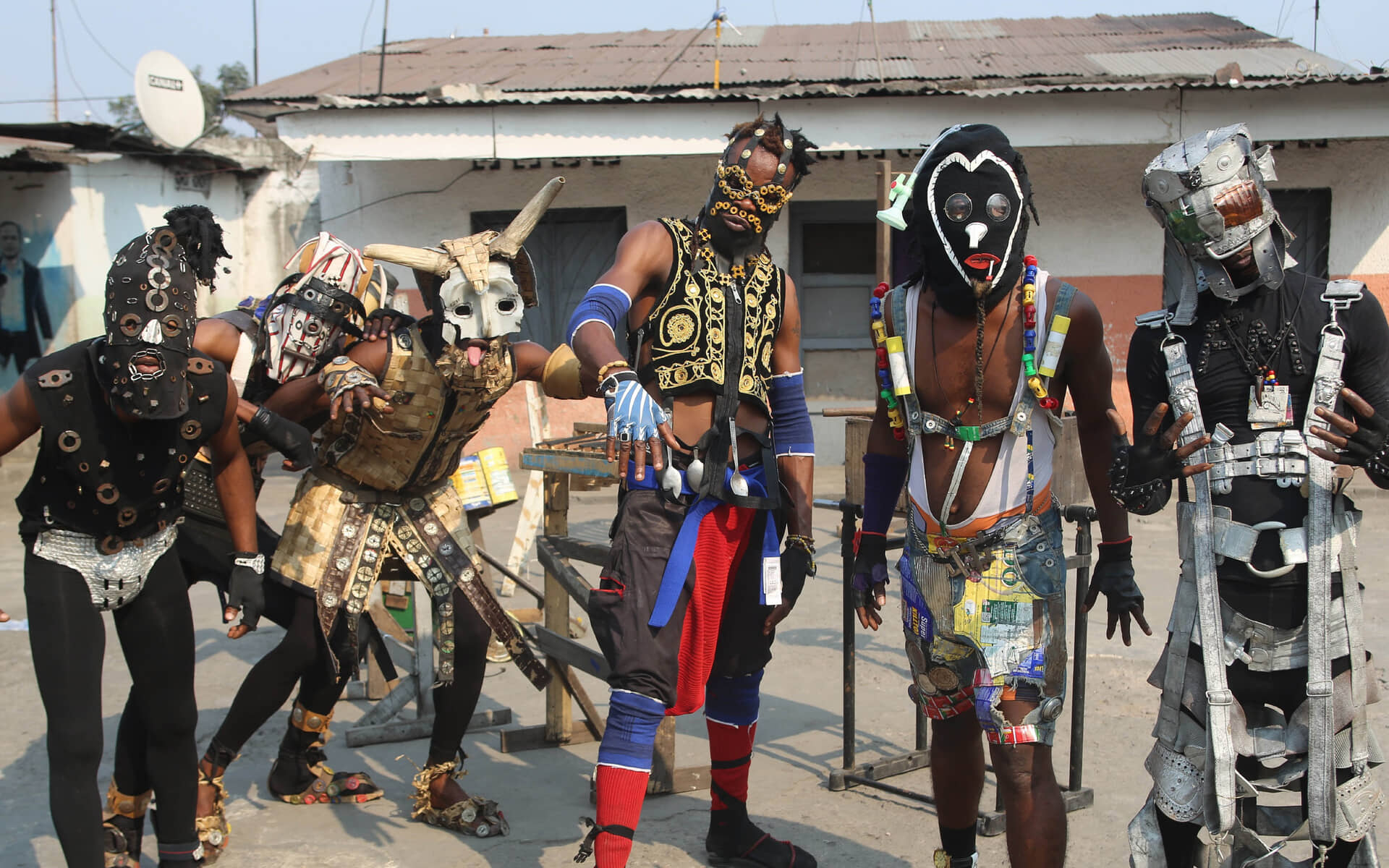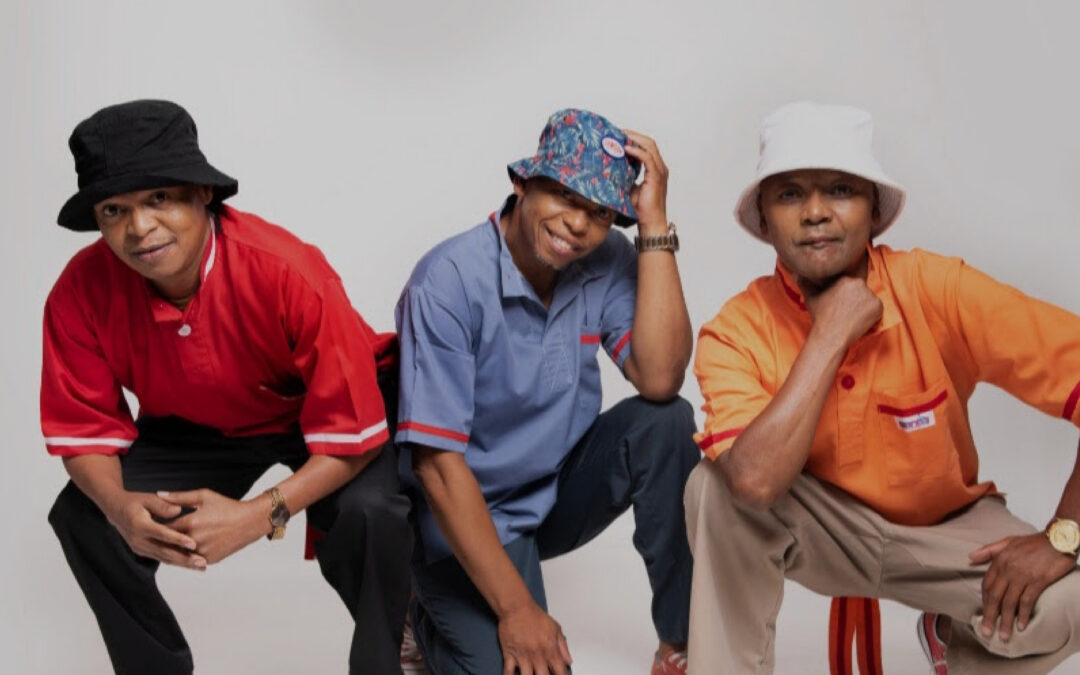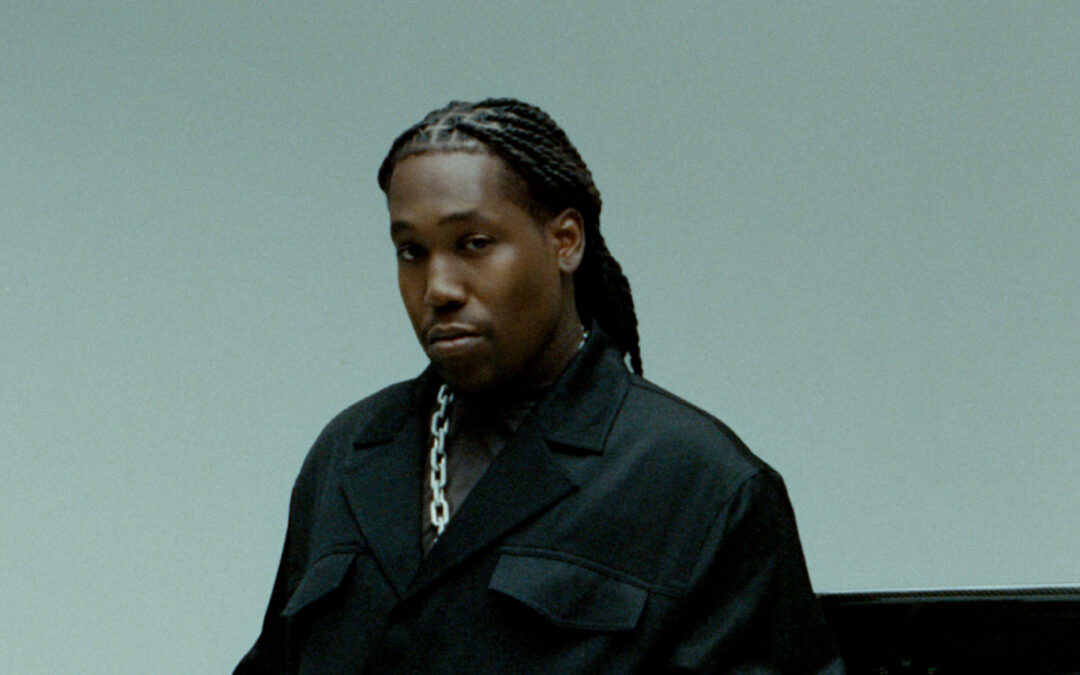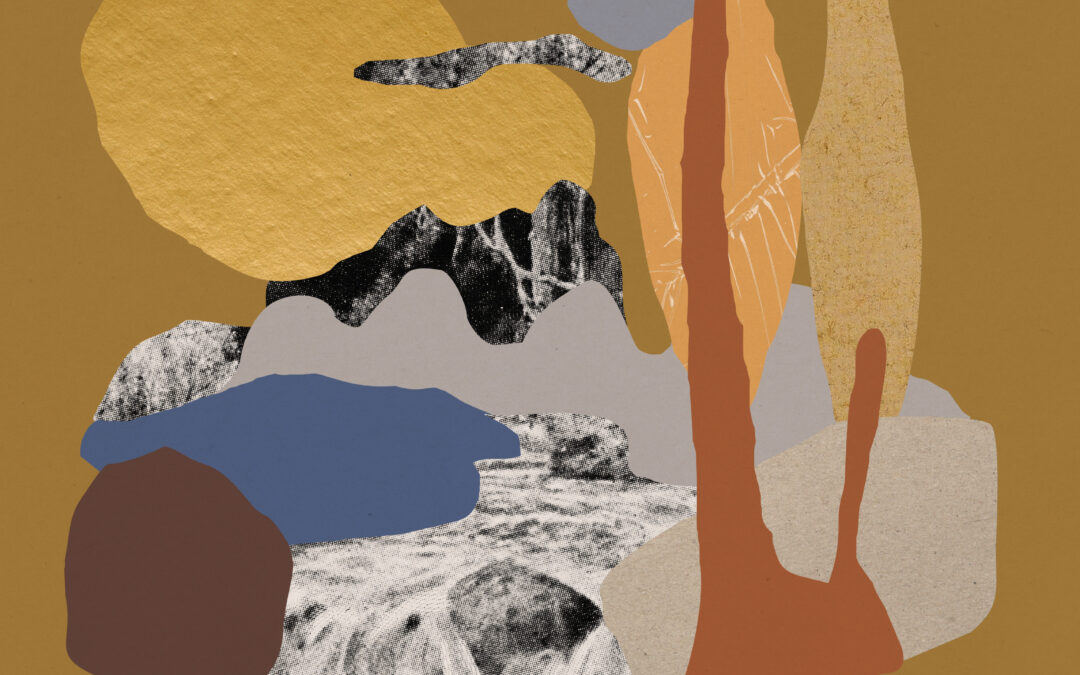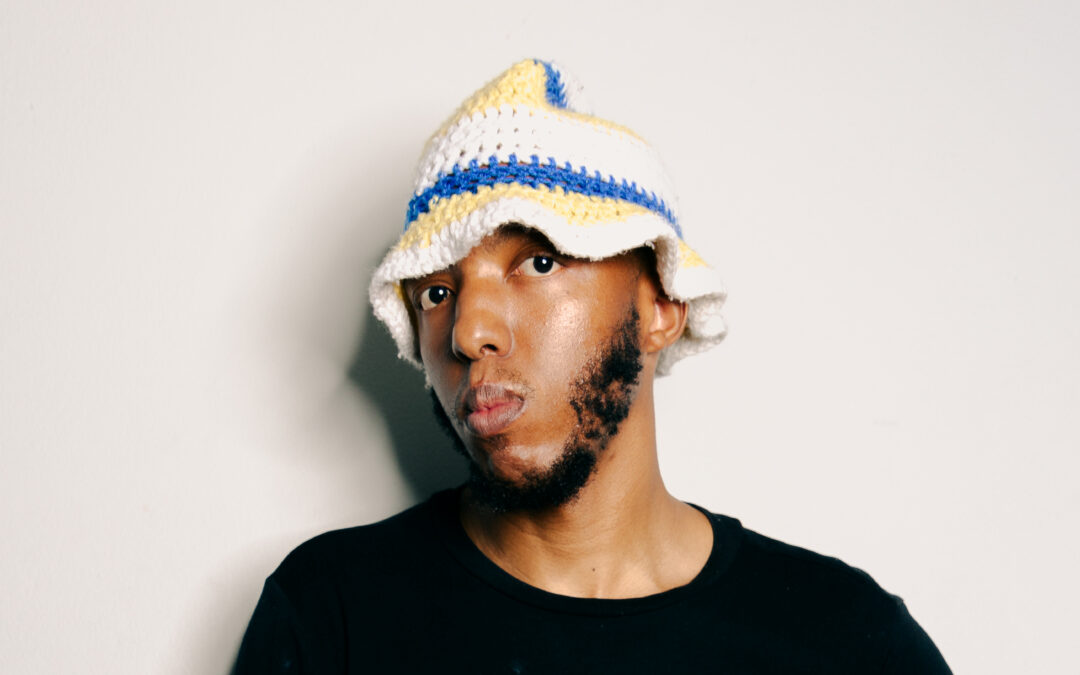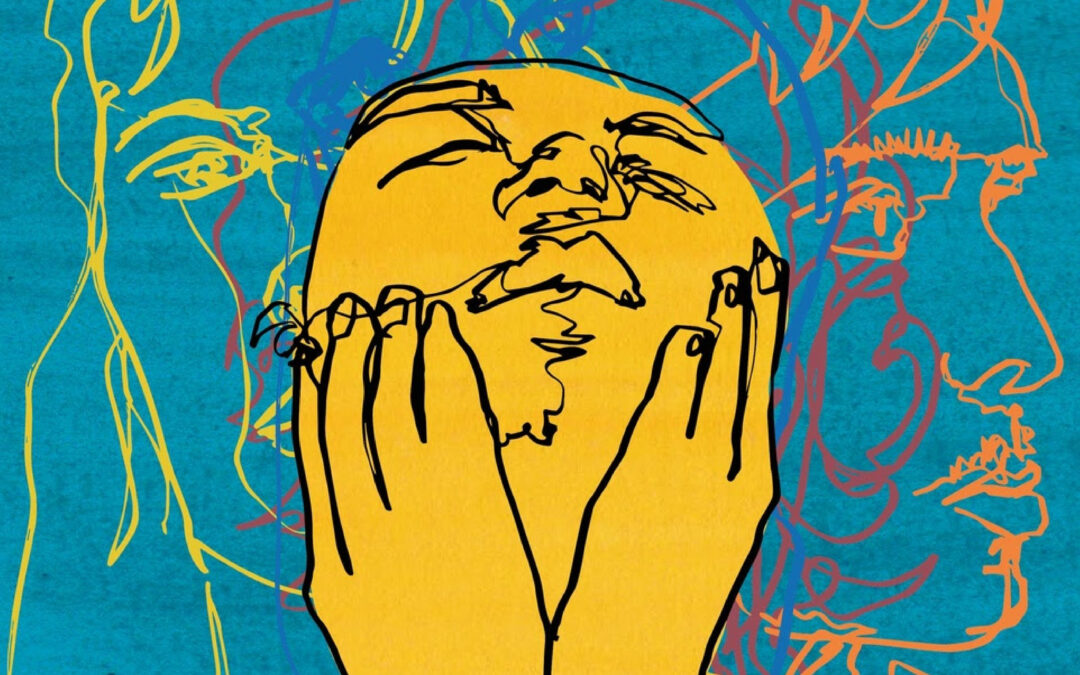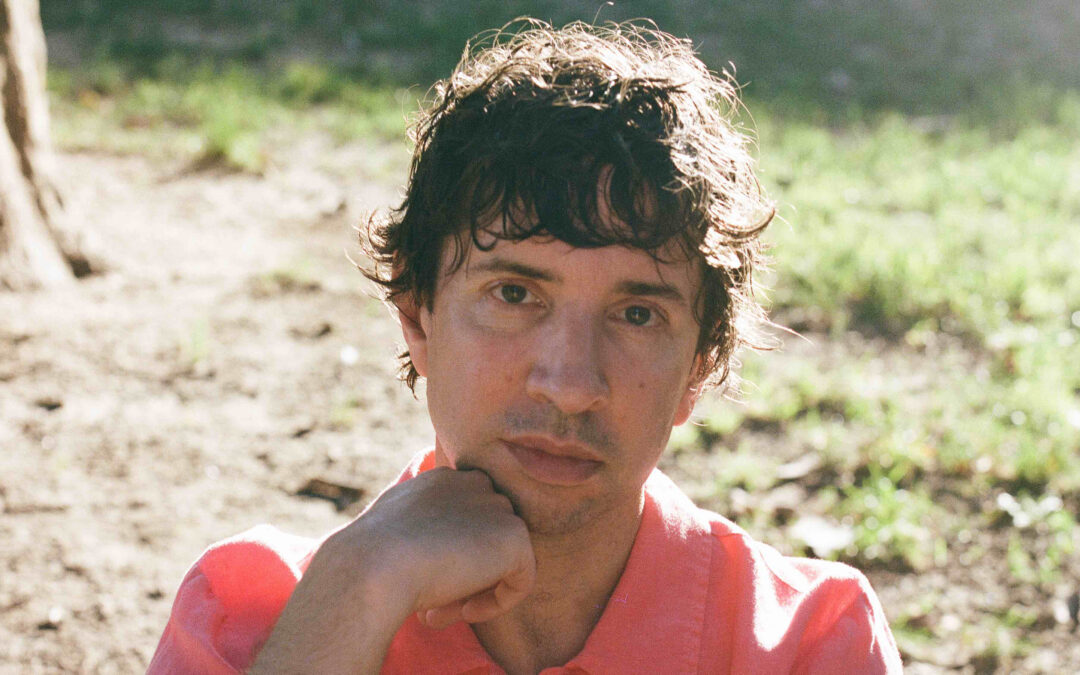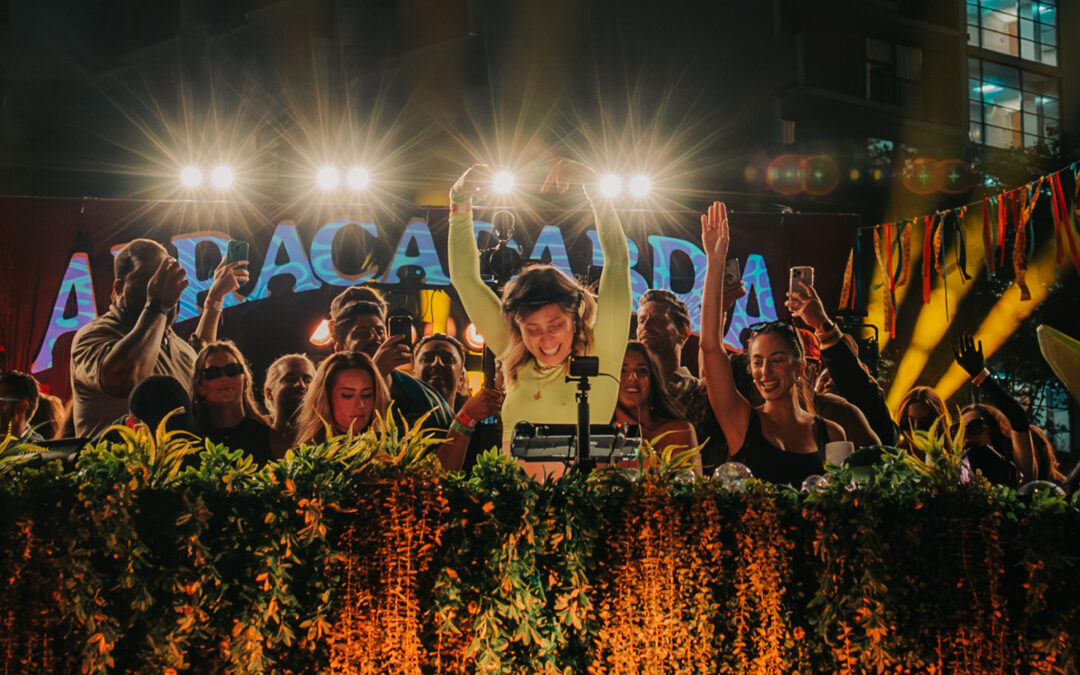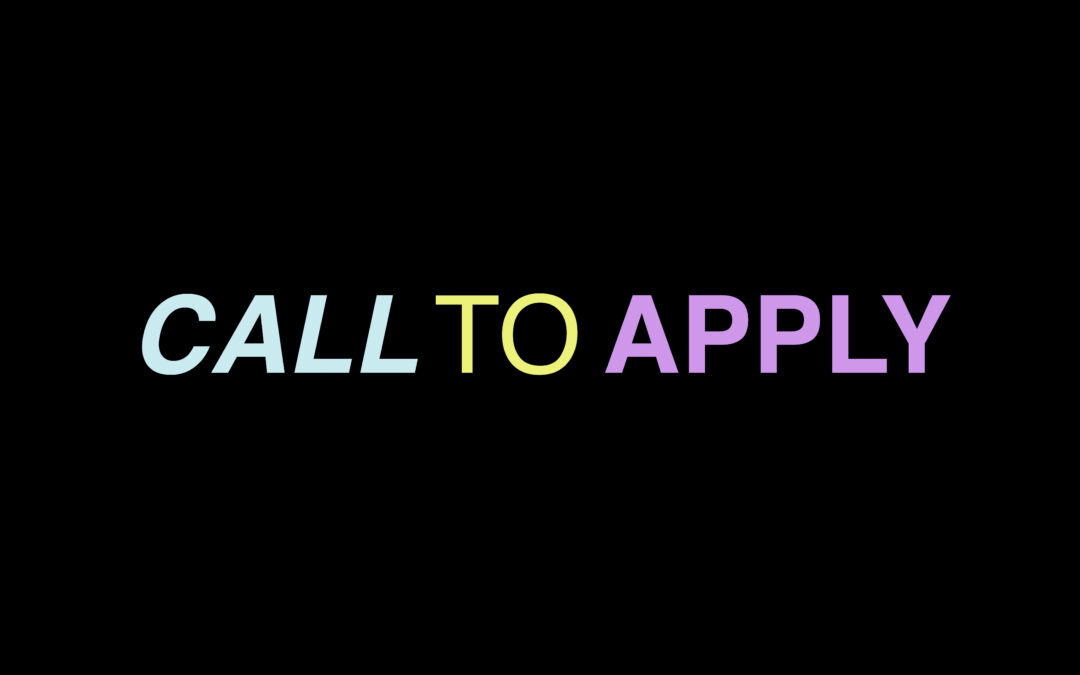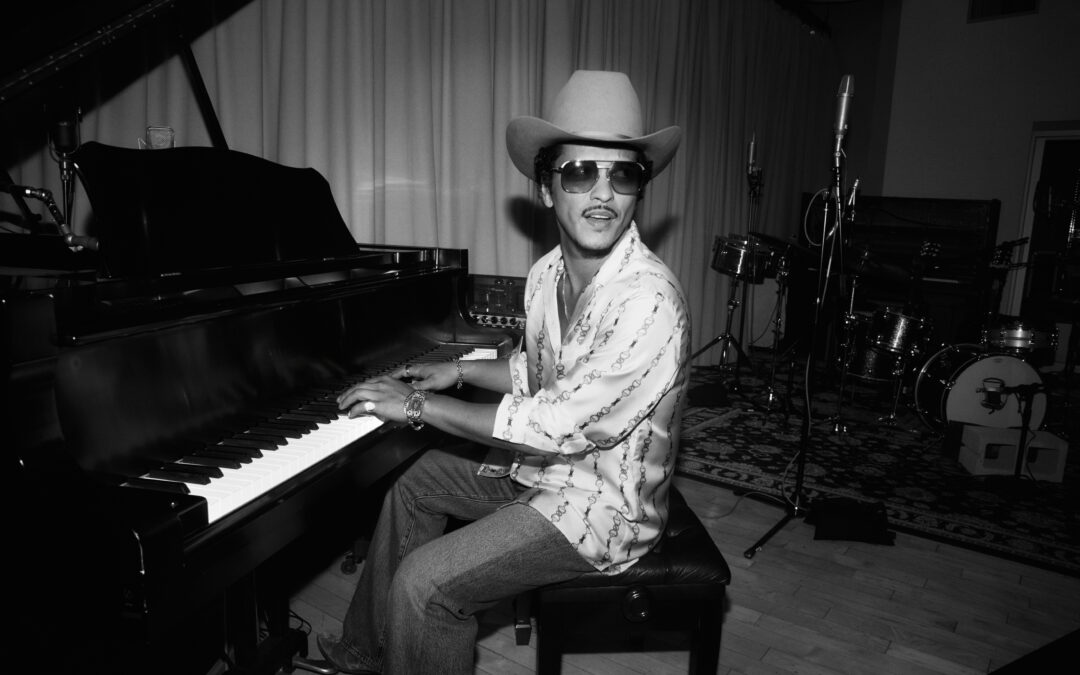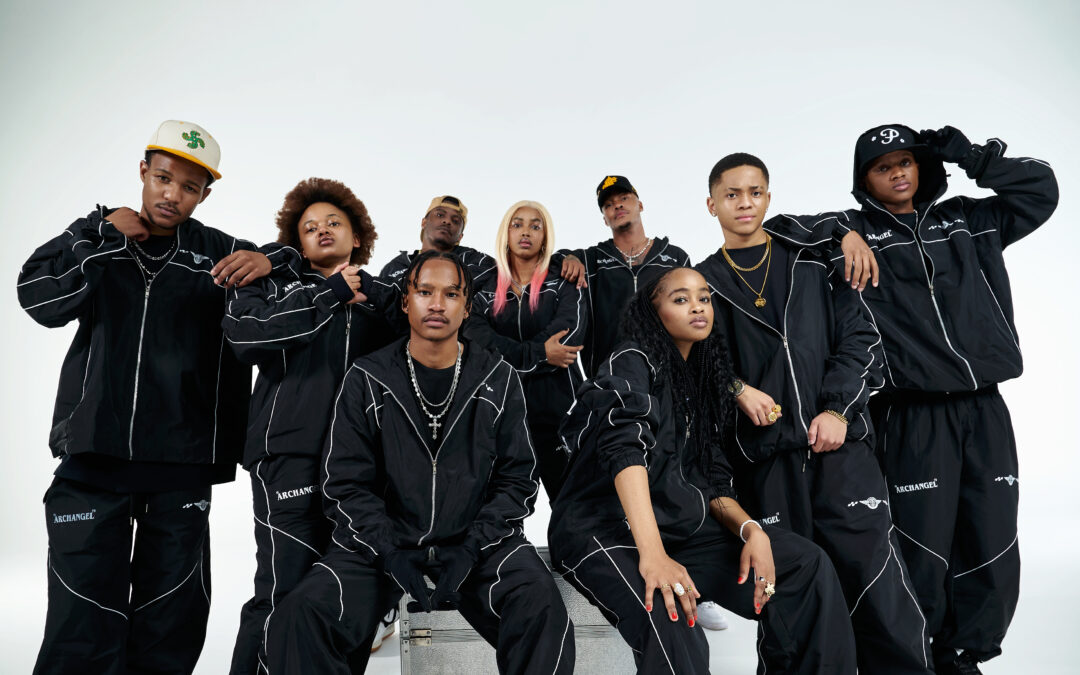Fulu Miziki, an Afrofurturist musical ensemble from the Democratic Republic of the Congo (DRC), is offering us a glimpse into an inspired future, where waste is seen as a resource and adaptation goes hand in hand with human connection. Emerging from Kinshasa’s Ngwaka neighbourhood in the DRC, the group crafts its musical sounds from the discarded remnants of daily life—plastic jerry cans, PVC pipes and computer cases become drums, horns and bass guitars in their hands. Their name, Fulu Miziki, translates roughly to ‘music from garbage’, although their practice is anything but wasteful; it is an act of transformation: musical, material and ideological.
“We were all born under musical influence,” they tell us. “We hear music everywhere: the intense sounds of taxis, the street noise, the churches, the mosques, the street bars. All of these have made us who we are today. Fulu Miziki began as something from our homes in Kinshasa—now it has gone global. We are proud of that.”
This globalisation is evident not only in their music but in their message. The genre they’ve coined, Twerkanda, is a post-soukous, Afro disco-house hybrid laced with Congolese rhythms and a sharp punk energy. “Twerkanda also has an element of punk,” they explain. “Our love of guitars has been a great ingredient. Being born in a country with more than 450 languages, we have different sounds from all over that we blend to call Twerkanda. We see ourselves as the afro-futuristic-punk ensemble.”
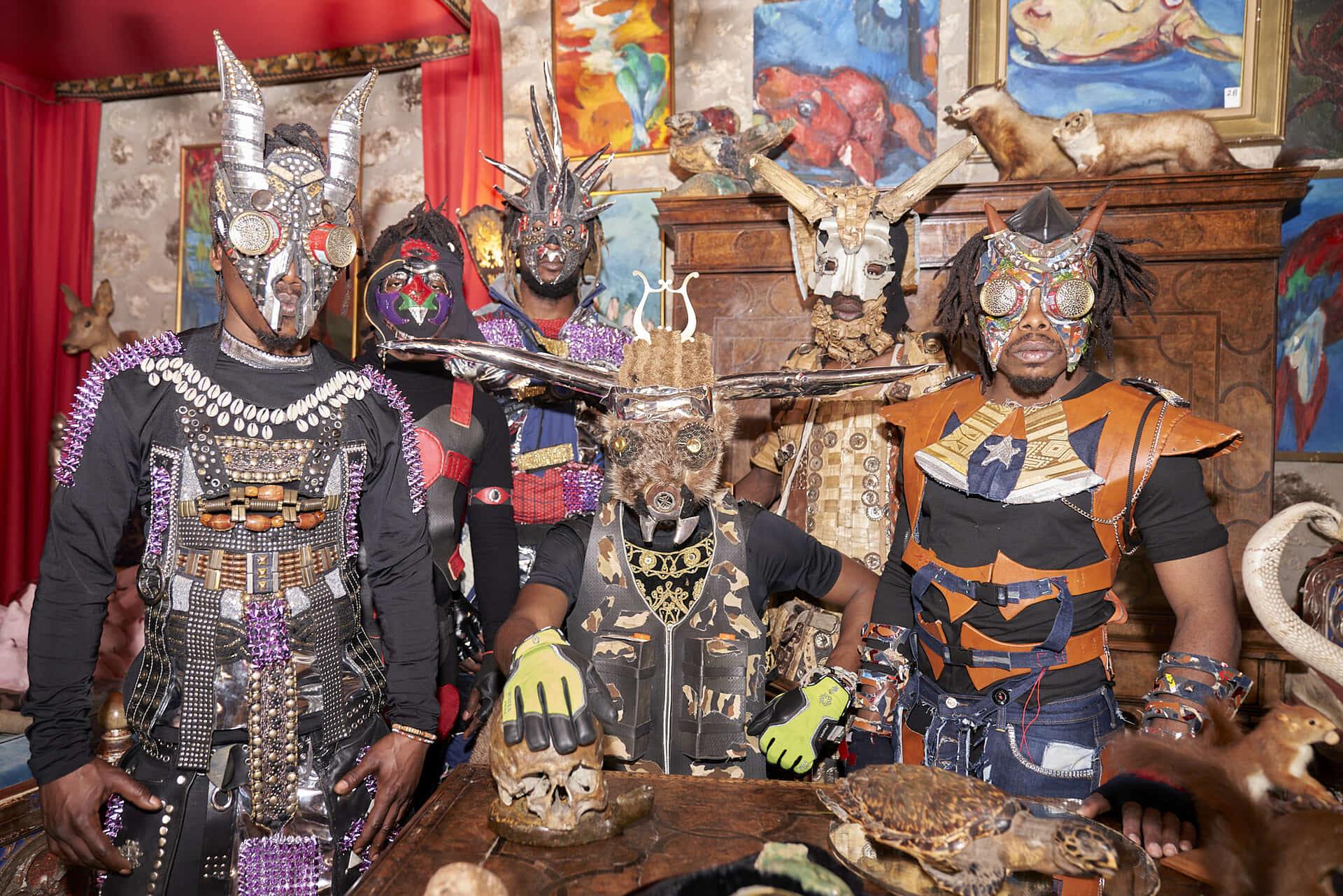
Photography courtesy of Fulu Miziki
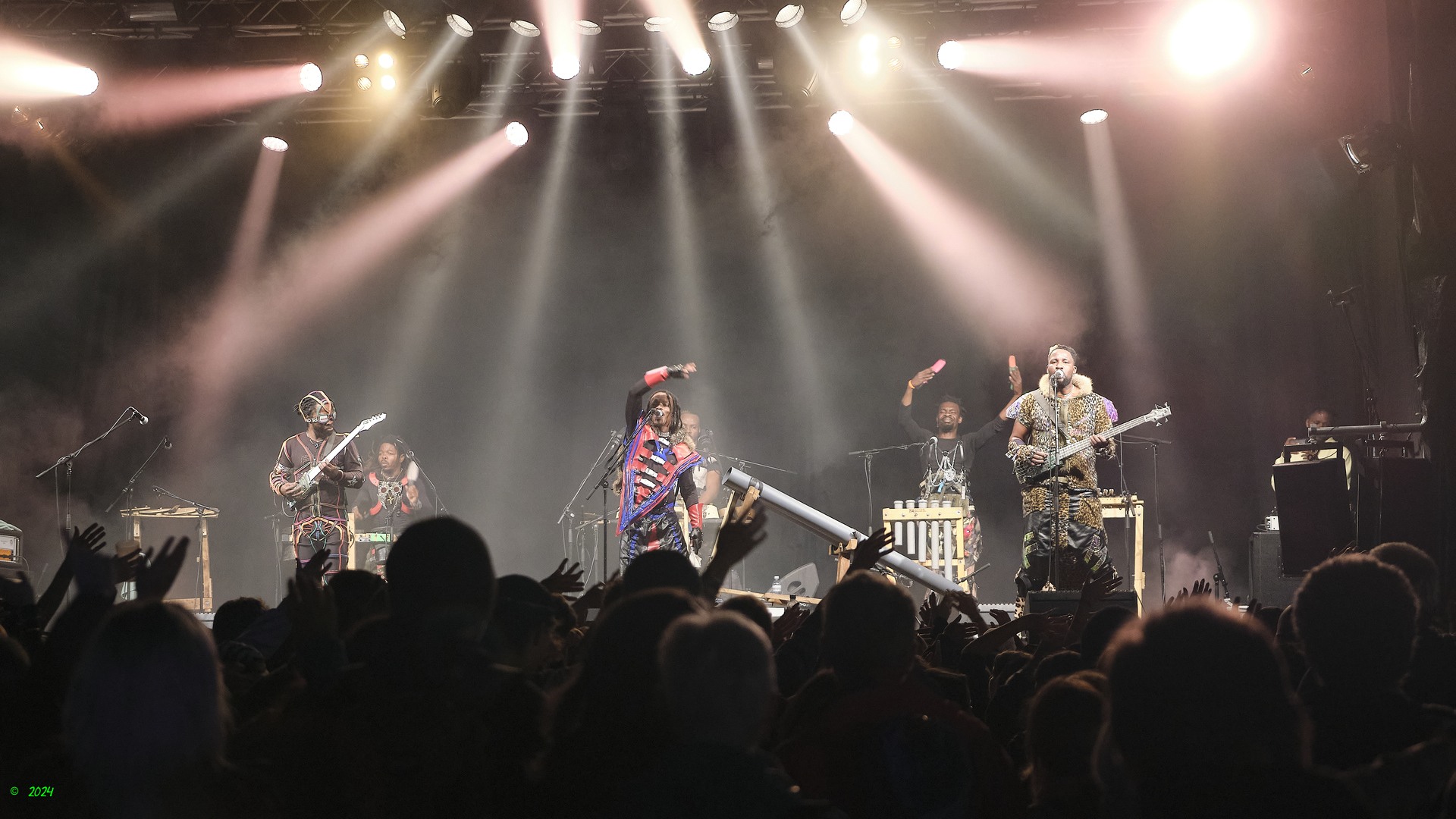
The term Afrofuturism looms large over Fulu Miziki’s artistic vision—but not in the Hollywood sense of utopias, dystopias and neon-drenched futures. For them, Afrofuturism is not a visual spectacle, it’s a philosophy of healing and reconnection. “It’s not about flying cars and tall buildings as it’s portrayed in movies. It’s all about the connection, the music, the community, the vibes and the energy we share with ourselves.” This spiritual undercurrent runs through their practice: from transforming trash into instruments, to performing in handmade masks that evoke ancestral power, to engaging in community workshops with children.
Their creative process begins not in a studio but in the streets of cities around the world. “Everything starts with what we find on our way”, they share. “We recycle from each country we travel to. If you ever look at our instruments, we can take you on a world tour.” Every new object found—a cracked jerry can in Lisbon, a wire spool in Berlin—becomes a potential new sound. When things break, as they often do, reinvention is immediate. “Each instrument broken is a new search for sounds. Our sounds change accordingly and we adapt.”
This ethos of improvisation was tested on their European tour, including a 2022 show in Rome where a large portion of their gear was lost. Yet rather than a setback, it became a crucible. “We have built instruments backstage because we lost our suitcases or they broke during travels. Remember, everything is recycled, so they break so easily. We have to adapt.”
Their music—ecstatic, driving and spiritual—conveys both a celebration and a warning. While 2022’s debut EP ‘Ngbaka’ delivered vibrant danceability with underlying urgency, their 2024 release ‘Mokano’ marks a shift toward inner confrontation. “Mokano was a completely different journey,” they reflect. “We poured our hearts into this work. It’s about letting go; it’s about moving with these specific beats that have conquered our audience. We have an understanding of our art more than we used to.”
The visual component of Fulu Miziki’s performance—costumes forged from waste, warrior-like masks, and otherworldly silhouettes—is more than aesthetic. It’s performative storytelling. “The masks came in to reinforce what already existed. It makes the vibe vibing—we can’t imagine who we are without them. But at the same time, we’re not used to hiding our faces. That’s why throughout the show, we remove them and show you who we are. Because at the end, it’s about human connection.”
Yet, this connection is tethered to something deeply political. Fulu Miziki’s work doesn’t shy away from the historical context of colonialism and environmental destruction. “I’m sure you’re aware of the millions of Congolese souls lost during King Leopold II. All of this was because of rubber,” they say. “In our view, what caused the deaths of millions of Congolese people during colonialism is coming back in different packaging now, and we are at its mercy. Plastic kills and has been killing us for a very long time.”
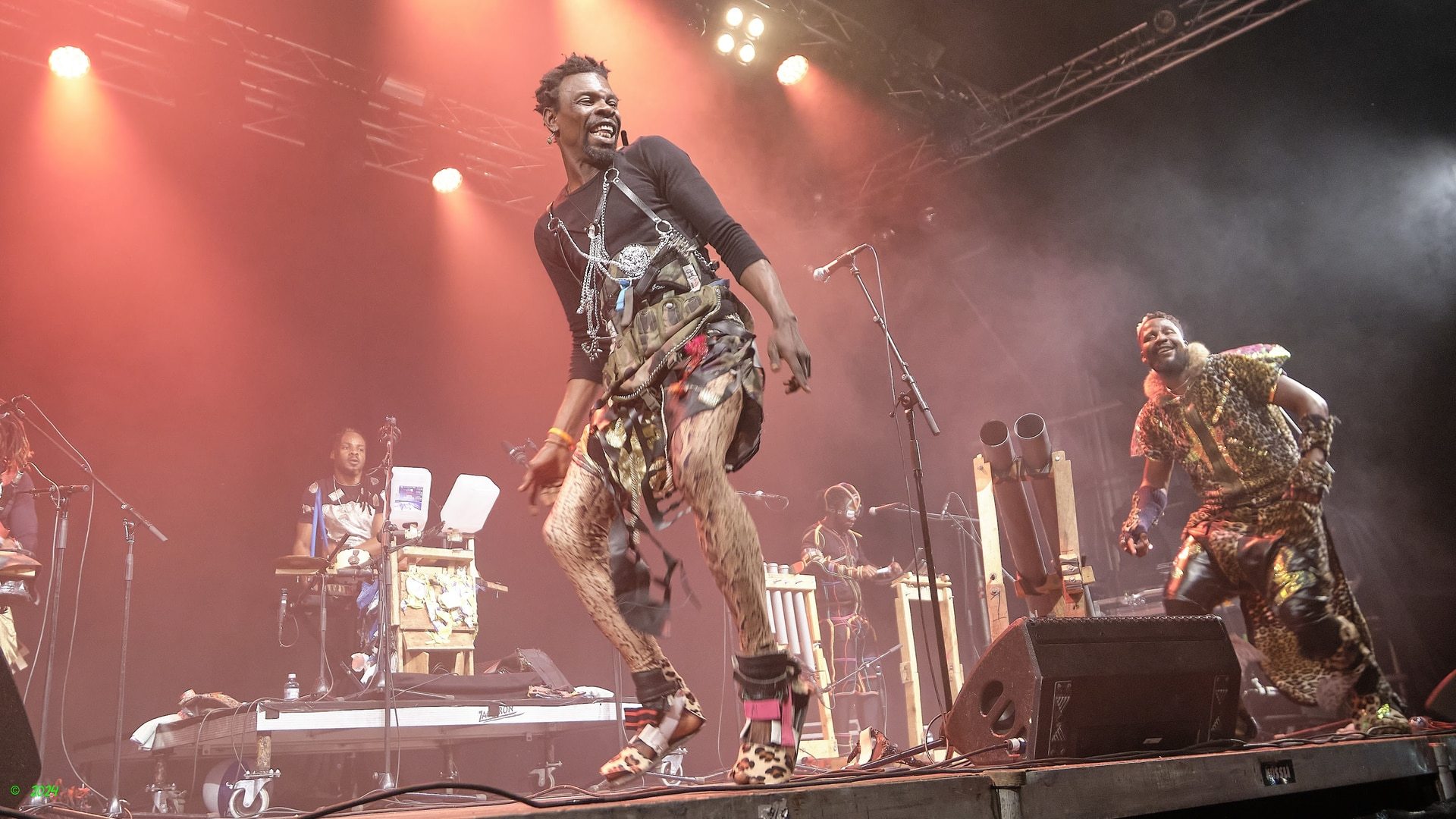
Photography courtesy of Fulu Miziki
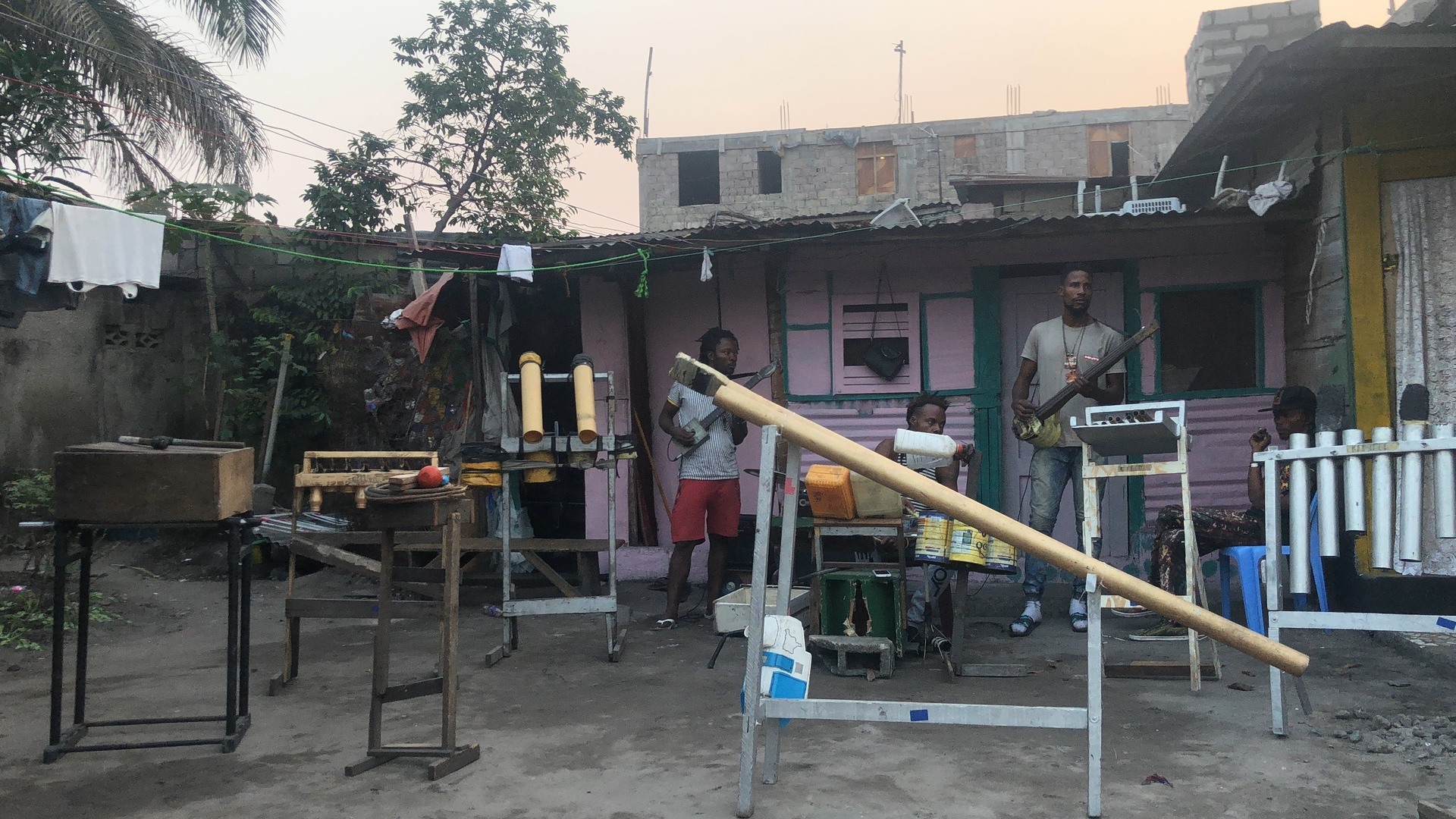
In response, the group leads hands-on workshops, inviting children and communities into the world of instrument-making and ecological awareness. Their philosophy of sharing is central to their mission. “We love what we do and we believe it has a huge impact, so why not share it with others? Before we went international, back home in Kinshasa, we had a kids’ band, a younger version of ourselves.”
Looking ahead, their ambition is quietly revolutionary. Their 34-city European tour, running from April to October 2025, is not only a musical achievement but a deepening of their transnational presence. About their legacy, they share, “We are already living in the future. We connect with the world, we travel to different cities, we eat different food and are hosted by people we never knew we could meet. What else can we ask the ancestors for? Of course, we are looking at collaborations with other artists, which is already underway. We are now working on our debut album, and this will be huge. We expect nothing less, the work has been done, now we harvest.”
Fulu Miziki is a living example of a vibrant, active manifesto. They are reimagining and addressing the politics of waste, the language of music and the shape of African futures. Their rhythms, born from Kinshasa’s streets and sculpted through adaptation, carry honest truths and euphoric possibilities. Their music insists on human connectivity and through sound and performance, their impact is contagious.
Connect with Fulu Miziki on Instagram
Watch Fulu Miziki’s Live Shows here
Book Tickets for Fulu Miziki’s European Tour here
Written by Grace Crooks
For more news, visit the Connect Everything Collective homepage www.ceconline.co.za

